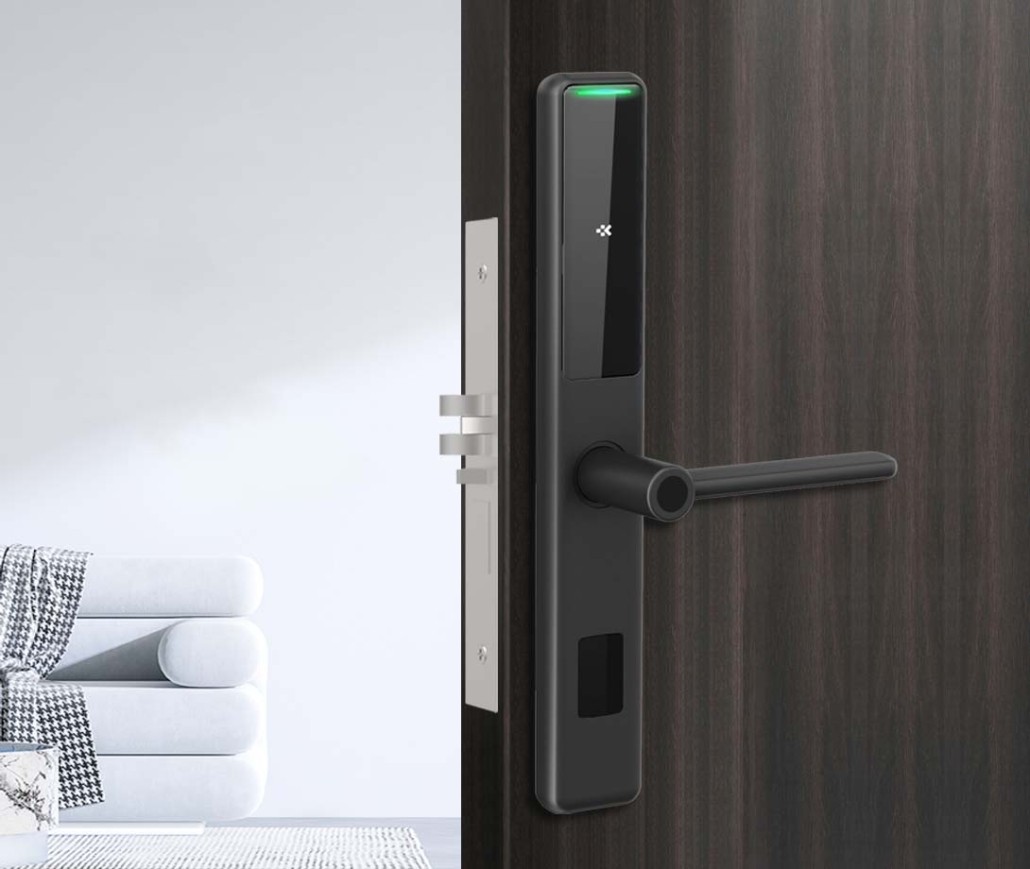Do Smart Locks Lock Themselves? A Complete Guide
Smart locks have revolutionized home security by offering convenience, keyless entry, and remote control. But one common question many homeowners have is: Do smart locks lock themselves?
The answer depends on the model and settings. Some smart locks auto-lock after a set period, while others require manual locking. In this article, we’ll explore how smart locks work, which models auto-lock, their pros and cons, and how to choose the right one for your home.
1. What Are Smart Locks?
Smart locks are keyless door locks that can be controlled via:
- Smartphone apps (Bluetooth, Wi-Fi, or Zigbee)
- Voice assistants (Amazon Alexa, Google Assistant, Apple HomeKit)
- Keypads or fingerprint scanners
- Traditional keys (as a backup)
Unlike traditional locks, smart locks offer advanced features like remote access, temporary guest codes, and activity logs.
2. Do Smart Locks Lock Automatically?
Some do, but not all. There are two main types:
A. Auto-Locking Smart Locks
These locks engage the bolt automatically after a delay (usually 30 seconds to 5 minutes).
How it works:
- The lock detects when the door is closed.
- After a set time, it locks itself (unless disabled).
Pros:
No risk of forgetting to lock the door
Great for rentals or Airbnb hosts
Ideal for busy households
Cons:
May lock you out if you step outside briefly
Some models require manual unlocking even after auto-locking
B. Manual-Locking Smart Locks
These require physical input to lock, such as:
- Pressing a button on the lock
- Using a smartphone app
- Tapping a keypad
Pros:
More control over when the door locks
Avoids accidental lockouts
Cons:
Risk of forgetting to lock the door
3. How to Set Up Auto-Lock on Smart Locks
If your smart lock supports auto-lock, follow these steps:
- Check the app settings.
- Enable auto-lock and set a timer (e.g., 1 minute).
- Test the feature by closing the door and waiting.
Note: Some locks require a door sensor to detect when the door is closed before auto-locking.
4. Pros and Cons of Auto-Locking Smart Locks
Advantages
- Enhanced security – No more worrying if you forgot to lock up.
- Great for rentals – Airbnb hosts can ensure doors lock after guests leave.
- Convenience – Hands-free locking is perfect for families with kids.
Disadvantages
- Risk of lockouts – If you step outside without your phone or key, you may get locked out.
- Battery drain – Auto-locking features may reduce battery life faster.
- False locking – Some sensors may engage even if the door isn’t fully closed.
5. How to Avoid Auto-Lock Issues
- Keep a backup key (or use a lockbox).
- Use geofencing (some locks unlock when you approach).
- Set a longer delay (e.g., 5 minutes instead of 30 seconds).
6. Final Verdict: Should You Get an Auto-Locking Smart Lock?
If you often forget to lock the door or want hands-free security, an auto-locking smart lock is a great choice. However, if you prefer full control, a manual-locking model may be better.
Conclusion
Not all smart locks lock themselves—only those with an auto-lock feature do. If security and convenience are your priorities, an auto-locking smart lock is worth considering. Just make sure to test the settings and keep a backup entry method to avoid lockouts.
Would you prefer an auto-locking smart lock or a manual one? Let us know in the comments!
Post time: Jun-05-2025


